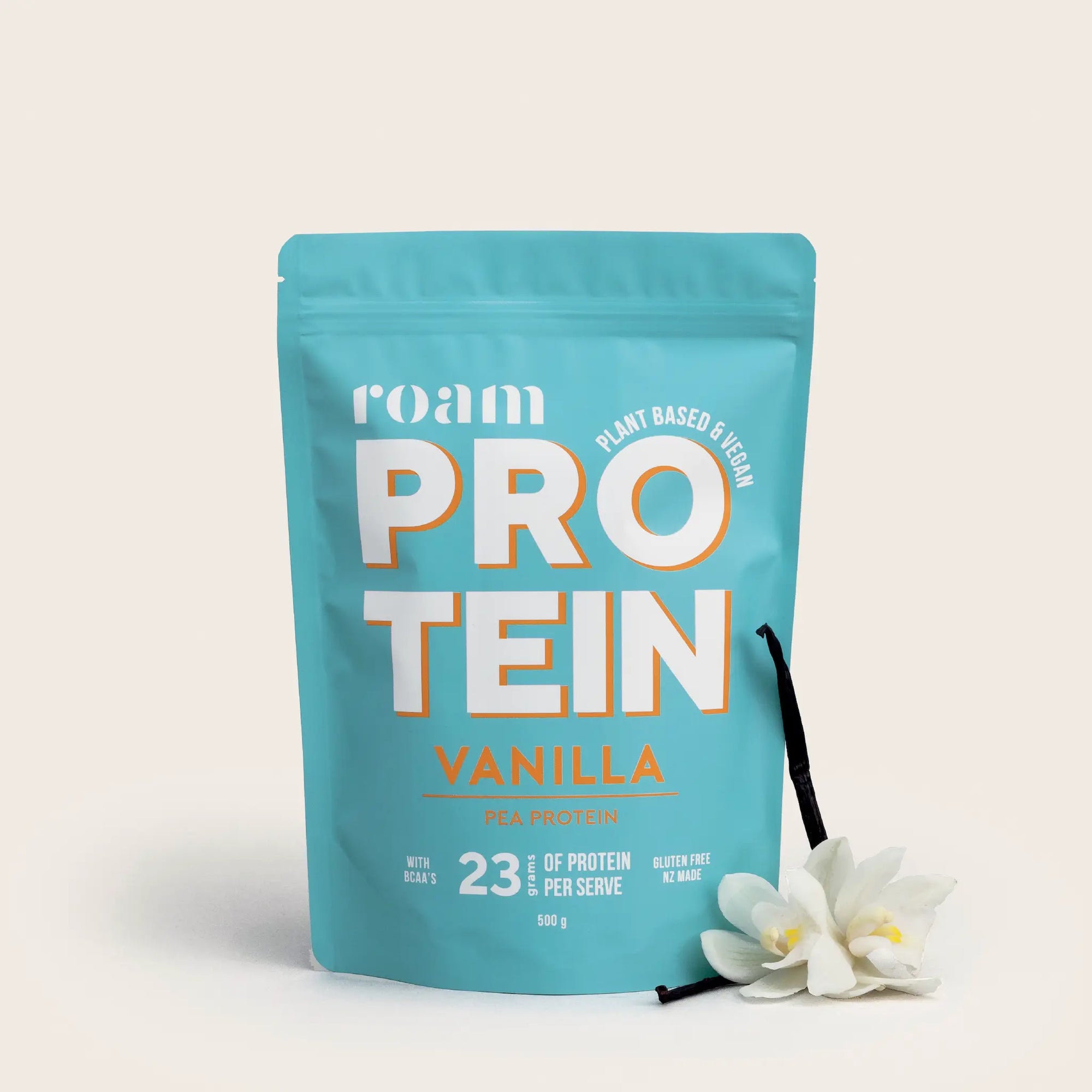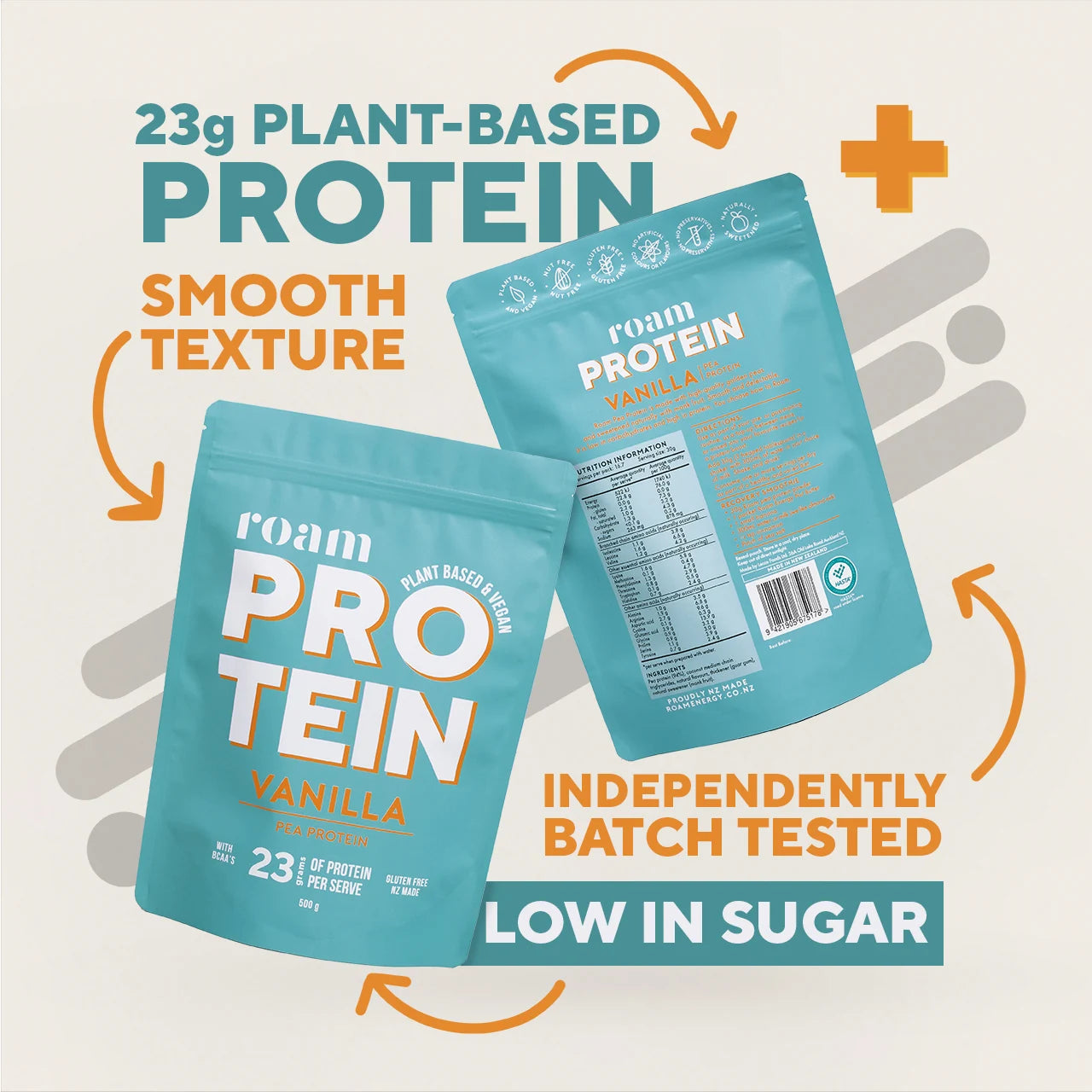What is aerobic metabolism?
Aerobic metabolism is the process of creating energy by breaking down carbohydrates, amino acids (the building blocks of protein), and fats, using oxygen. It's the main way our bodies produce energy during prolonged, low to moderate intensity activities such as jogging, cycling or swimming at a steady pace.
Aerobic metabolism is a more efficient way to produce energy, as it generates more Adenosine Triphosphate, ATP (energy molecules) for each molecule of glucose or fat burned. Aerobic metabolism takes place in the mitochondria of the cells and is responsible for the majority of the body's energy production.
On the other hand, anaerobic metabolism occurs in the absence of oxygen, and is associated with explosive physical efforts such as sprinting.
Try the Roam Range









 Energy Nut Butter - Mixed Pack
Energy Nut Butter - Mixed PackEnergy Nut Butter - Mixed Pack
Regular priceUnit price per$67.50 NZDSale price $27.00 NZD+

OUR MISSION IS TO PROVIDE NATURAL NUTRITION TO SUPPORT ACTIVE LIFESTYLES.
We do:
NATURAL. We use real ingredients. No artificial flavours or fillers.
TASTY. Truly yummy products that keep you coming back for more.
ADVENTURE. From mountain peaks to urban streets, Roam is the best on-the-go food option.
SENSIBLE SCIENCE. Practical exercise nutrition supported by evidence.










